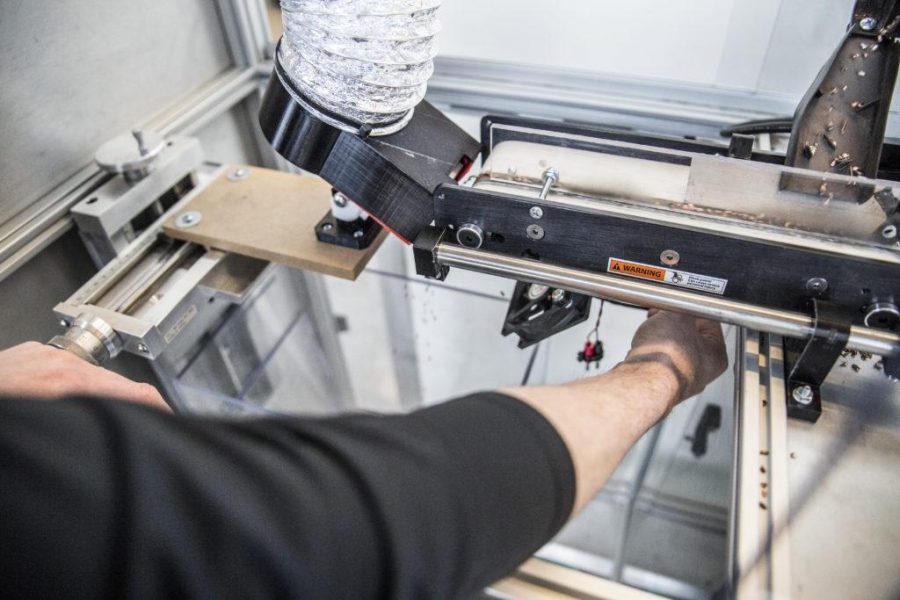This year the University of Utah teamed up with other leading research universities and companies under the United States Department of Energy to create a new manufacturing initiative called Reducing Embodied-Energy and Decreasing Emissions (REMADE) Institute.
The U’s Department of Metallurgical Engineering, other groups within the College of Mines and Earth Sciences, the Global Change and Sustainability Center and other U programs came together to cooperate with the national manufacturing alliance for recycling and remanufacturing.
In this quest for efficiency, the U works with groups such as the Idaho National Lab, Argonne National Lab and the Unversity of Illinois. The program includes 44 companies, 26 universities, 26 industry trade associations and foundations, seven national labs and three states.
Each group researches and implements various projects to reduce manufacturing waste. The U was working on multiple projects before joining the institute, which contributed to the U being selected to join the effort. Through prior accomplishments and staff connections, the U will be able to receive the funding necessary to conduct new research.
“We have several projects here that we’ve been working on with metal sorting for recycling,” said Michael Free, professor and associate chair of the Department of Metallurgical Engineering at the U. “We’ve had some technology that has been patented in the past by researchers here for paper pulp separations to more efficiently recycle paper.”
The institute has a list of goals they hope to achieve within the next five years. They include improving manufacturing material efficiency by five to 10 percent, increasing remanufacturing applications, increasing recycling efficiencies, increasing sales for the U.S. manufacturing industry and to create a new generation of recycling and remanufacturing workers. REMADE aims to achieve a 50 percent improvement in manufacturing energy efficiency by 2027.
“In a broad picture, a lot of this is about saving the energy that’s out there, because it’s a Department of Energy project,” said Free.
Simply put, members of REMADE are working to find the best use of materials. Through continued research and projects, these goals could prove to save billions of dollars in energy costs. The initiative also has the potential to create new jobs, improving the economy.
REMADE plans to create an education and workforce development program to fill the jobs brought by the institute’s projects.
Free noted the dangers of not using energy wisely, saying that excess energy use leads to an increase in greenhouse gas emissions and subsequently global warming.
“A lot of this is about saving the energy that’s out there,” said Free.
The U is waiting to receive an exact number for the funding it will receive from the Department of Energy, but expects more information in June.


